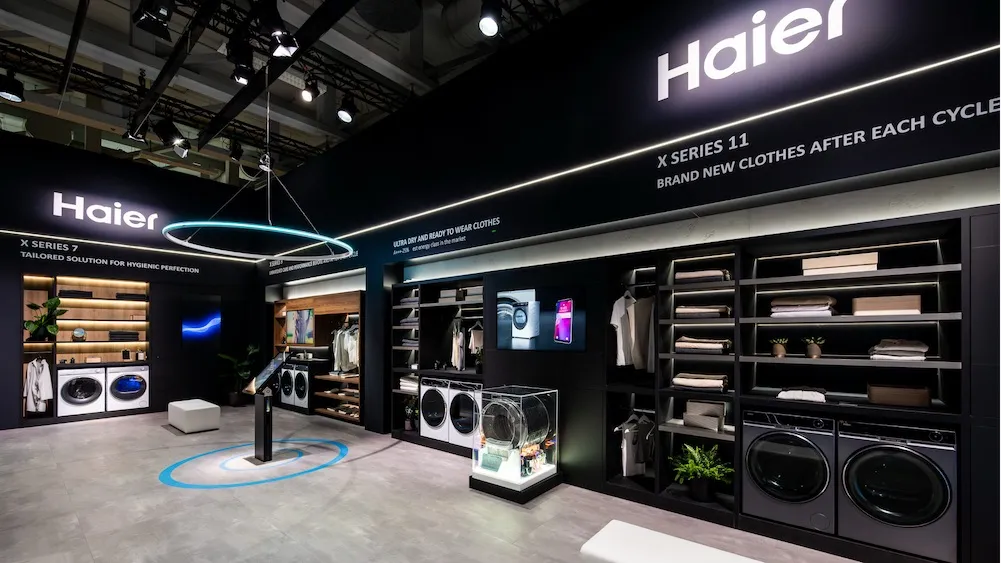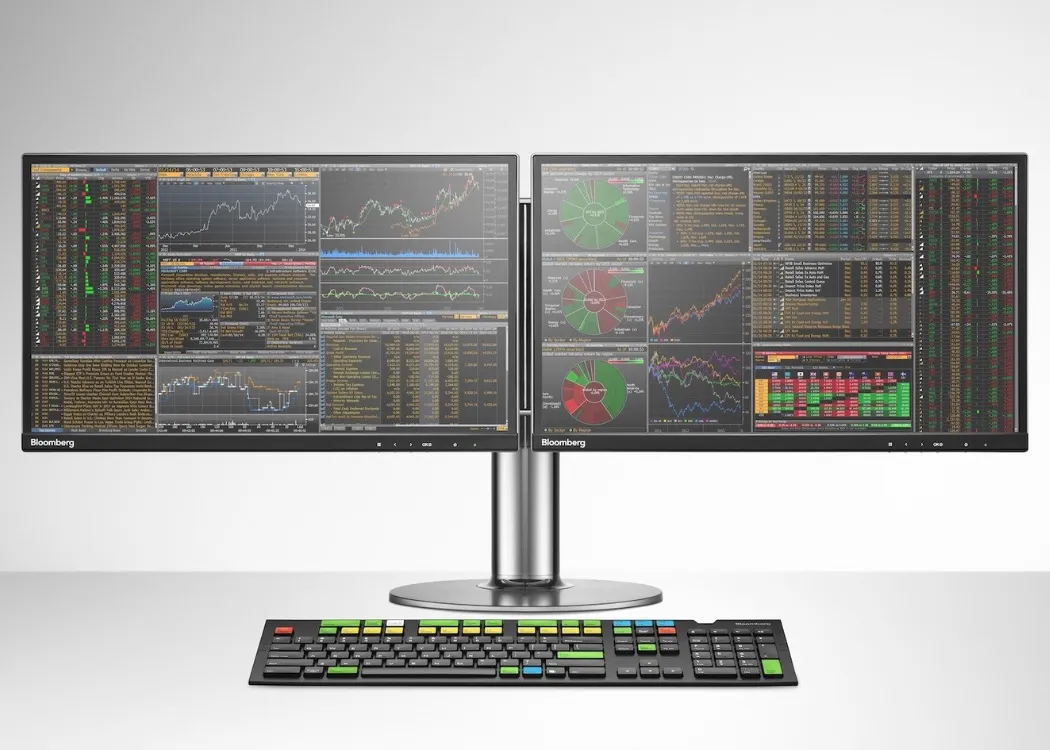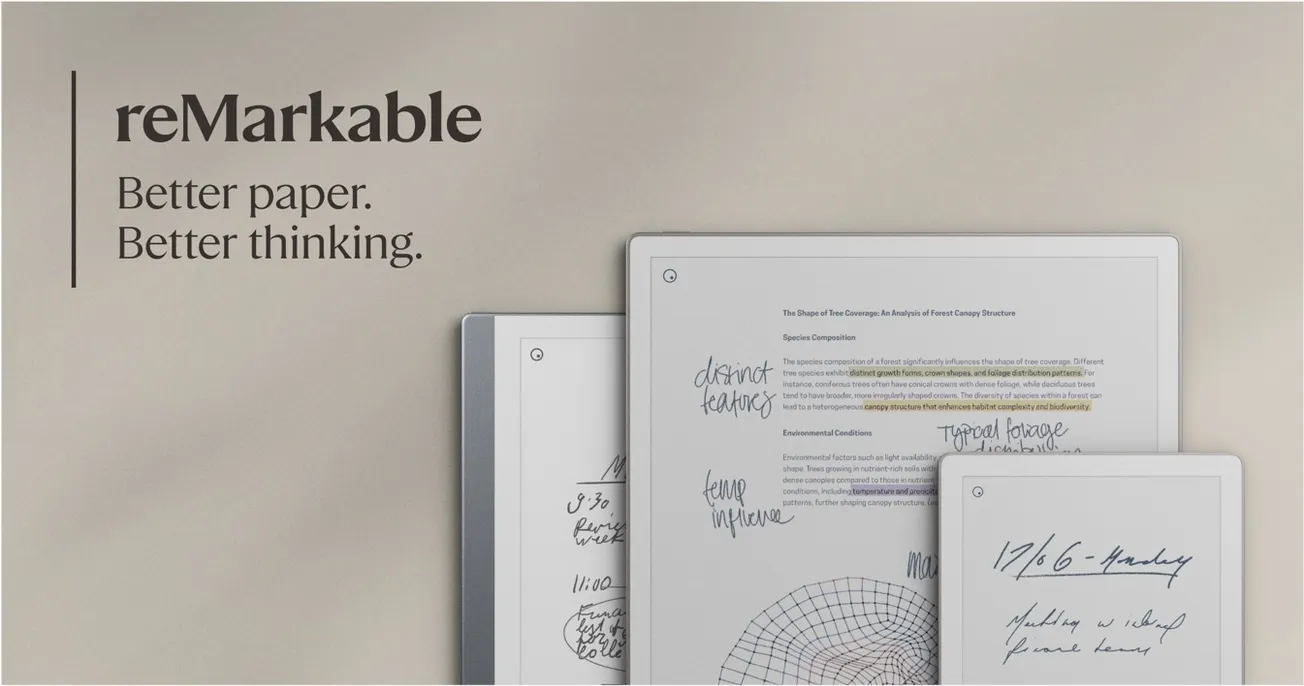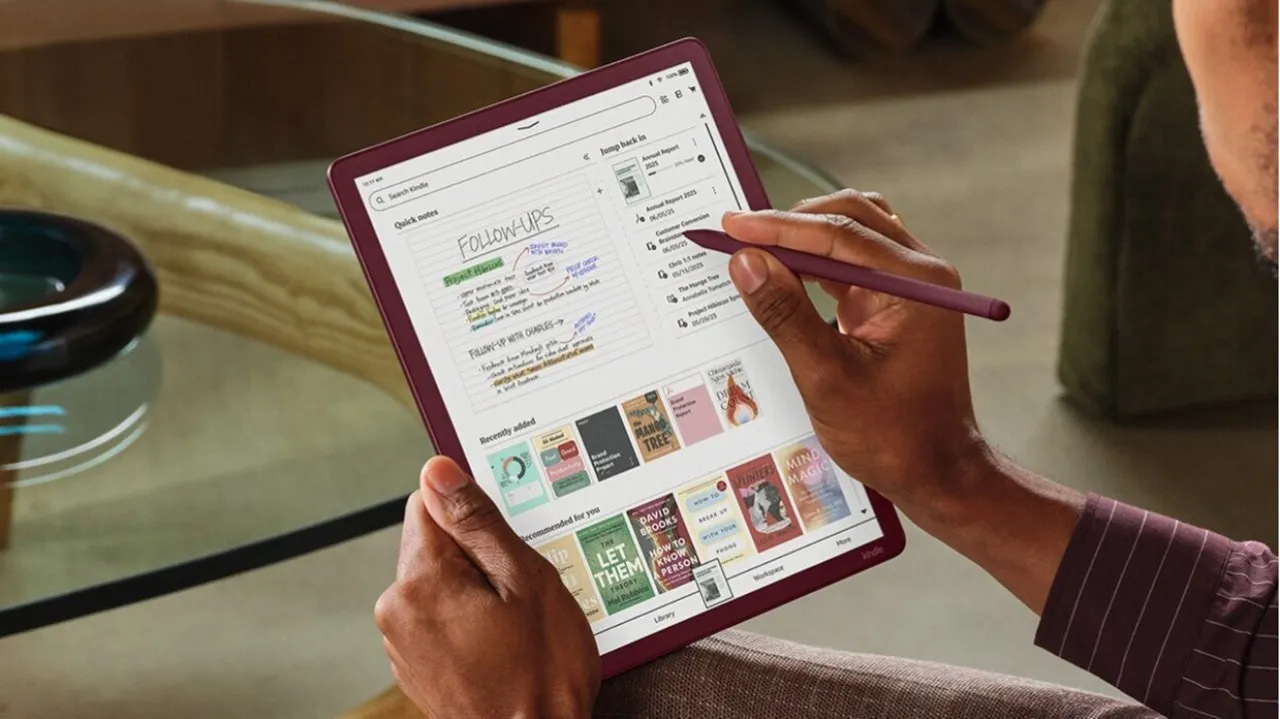Table of Contents
Disclaimer: Asian Century Stocks uses information sources believed to be reliable, but their accuracy cannot be guaranteed. The information contained in this publication is not intended to constitute individual investment advice and is not designed to meet your personal financial situation. The opinions expressed in such publications are those of the publisher and are subject to change without notice. You are advised to discuss your investment options with your financial advisers, including whether any investment is suitable for your specific needs. From time to time, I may have positions in the securities covered in the articles on this website. Full disclosure: I do not hold a position in Uni-President China at the time of publishing this article. Note that this is disclosure and not a recommendation to buy or sell.
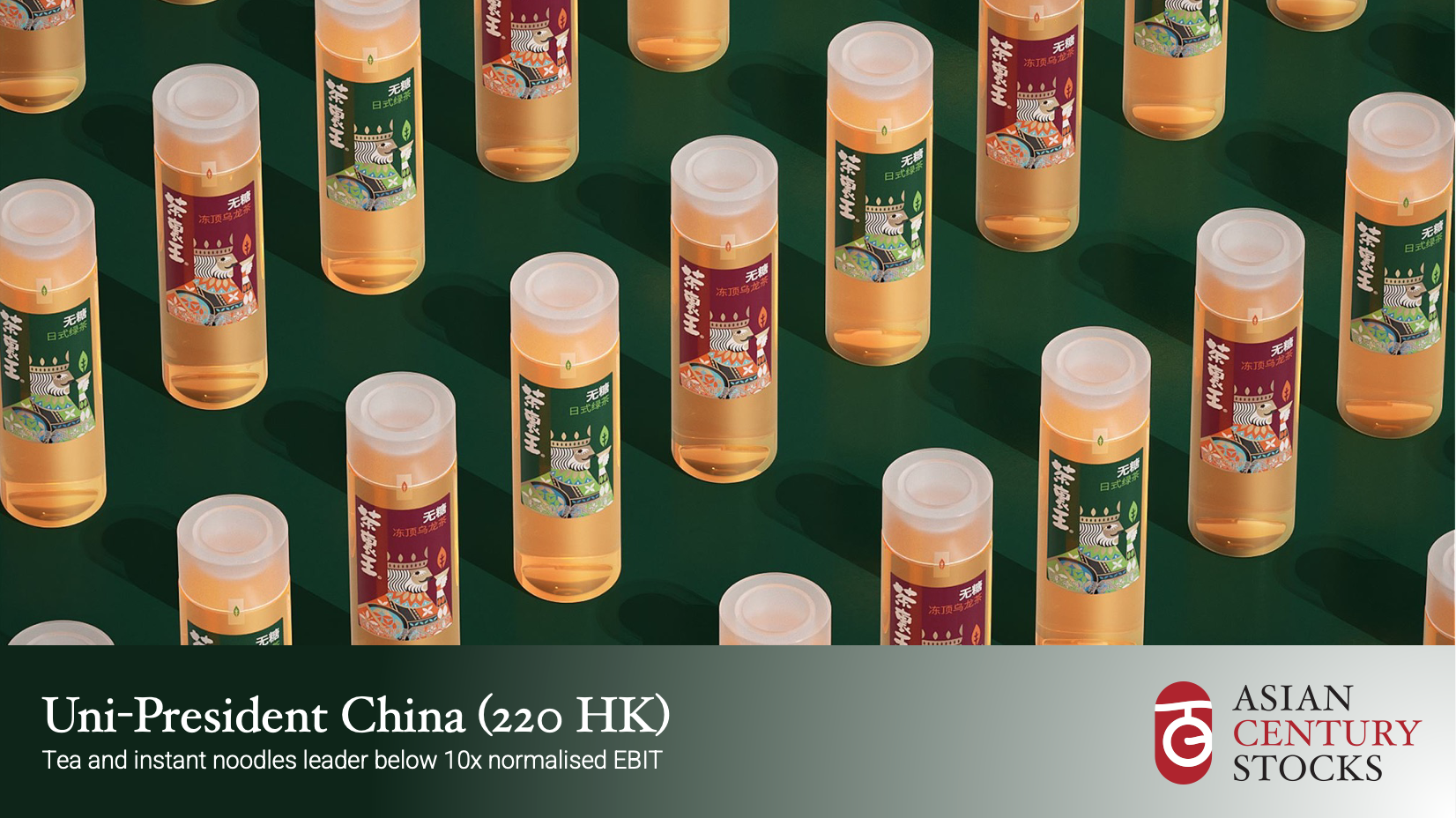
Uni-President China (UPC; 220 HK) is a leader in China's ready-to-drink tea and instant noodles market. It dominates the ready-to-drink tea segment and remains a distant number two in instant noodles after competitor Tongyi.
Uni-President China is a subsidiary of Taiwanese food & beverage conglomerate Uni-President Enterprises (UPE), separately listed under ticker 1216 TT. UPE also has exposure to convenience stores, grocery stores, restaurants and food & beverage operations in Taiwan and elsewhere.
Among Uni-President Enterprises subsidiaries, UPC has been the most successful. Practically every consumer knows about the Uni-President (统一) brand name in mainland China. Compared to competitors such as Wahaha and Tingyi, Uni-President focuses more on the premium market. It has slowly gained market share over the past two decades through new innovative products and marketing campaigns.
In 2016, the founder of Uni-President Enterprises passed away. The company is now being run by a professional management team, overseen by the son-in-law Chih-Hsien Lo. Since that time, UPC dividend pay-out ratio has risen to over 100% and earnings have improved significantly as well.
At the same time, Uni-President China’s earnings multiple has contracted from 30x P/E to closer to a low-teens multiple. Some of the multiple contraction reflects weaker growth prospects. The ready-to-drink tea market is becoming mature. But it also reflects investor apathy towards Chinese stocks. That could change.
In the near term, expect significant margin pressure as rising palm oil and wheat prices lead to higher costs for the company. In its latest earnings call, UPC said that it would proceed with caution in raising prices. It will only raise prices after its competitors have taken the first step as they don’t want to upset customers and tarnish the brand.
Ongoing lockdowns in China can also hurt the beverage business since consumers stay inside and have no need to purchase Uni-President’s, typically smaller, bottles of tea. The instant noodles segment may benefit from consumers staying at home. But net-net, Uni-President China was not a beneficiary of the early 2020 lockdowns and is unlikely to be so this time either.
Uni-President China’s 2023e consensus multiples are 13.7x P/E, 9.2x EV/EBIT and 7.6% dividend yield. Consensus estimates will probably come down further as price pressures continue to pressure margins. But on a normalised basis, those estimates are probably not far off. For your reference, Uni-President China has historically traded at roughly 30x P/E and 20x EV/EBIT.
In late April 2022, the company introduced its first-ever share buyback. Parent company Uni-President Enterprises also purchased shares in 2021 via one of its holding companies.
The key catalyst to look out for includes any easing of raw material price pressures. Or initial steps from the company to raise its ex-factory prices to account for higher inflation.
Click the “Read now” button below to access the full PowerPoint presentation:
Thank you for reading!
Sign up for over 20 deep-dive reports on Asian stocks per year and full disclosure of my personal portfolio.




